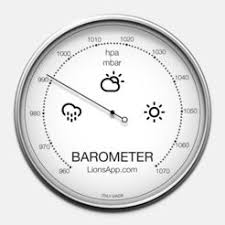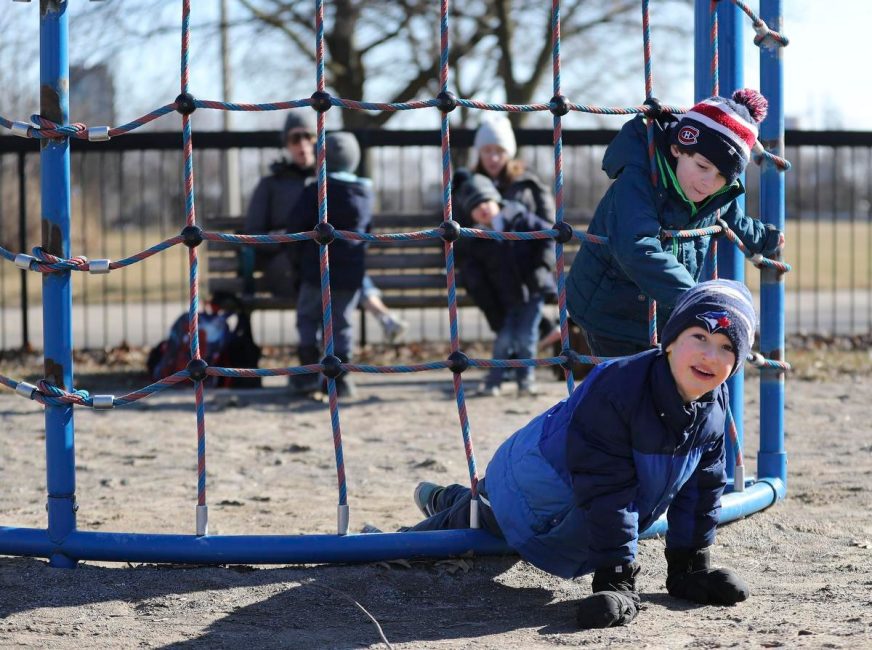Our goal is have every MPP candidate sign the Fix Our Schools pledge, and we need your help to apply pressure to every candidate in every Ontario riding to ensure this happens.
STEP 1: Print a copy of the Fix Our Schools Flyer and the Fix Our Schools_Pledge to keep beside you when you phone your local MPP Candidates.
 STEP 2: When speaking with your local candidates, start the conversation with something like, “There is almost $16-billion of disrepair in Ontario’s schools – what is your plan to Fix Our Schools, given that the Province provides all funding for education and schools?”. After listening to their answer, offer to email them the Fix Our Schools Flyer and Pledge.
STEP 2: When speaking with your local candidates, start the conversation with something like, “There is almost $16-billion of disrepair in Ontario’s schools – what is your plan to Fix Our Schools, given that the Province provides all funding for education and schools?”. After listening to their answer, offer to email them the Fix Our Schools Flyer and Pledge.
Remember: You do not have to be an expert in the topic – your candidates are looking for your vote and want to hear about your concerns. Plus, the Fix Our Schools Flyer has all the key information you need to share with your candidate so you could just ask them to read it! Or on the phone – you could read key facts to them!
STEP 3: Read the local MPP Candidate the contents of Fix Our Schools Pledge and ask them to sign the Fix Our Schools Pledge! Offer to email a copy to them or direct them to www.fixourschools.ca, where they can easily find the Pledge.
STEP 4: A local candidate signs the Fix Our Schools Pledge. Hurrah! Thank them and, to give them public credit for taking this important step, ask them to:
- take a selfie with the signed pledge
- tweet the photo, tagging @Fix_Our_Schools
If a candidate does not sign the Pledge, don’t worry! You’ve still created political pressure on that candidate and made them realize that voters in their riding care about public education and schools! Hurrah! To wrap up your conversation, you could say something like, “I will be voting for a candidate that prioritizes education and the conditions of our local schools. You could easily demonstrate your commitment to these issues by signing the Fix Our Schools Pledge. I’d encourage you to please reconsider and contact me when you are ready to sign the Fix Our Schools Pledge.”
And there you have it – “Roleplay 101” for when an MPP candidate knocks on your door!



